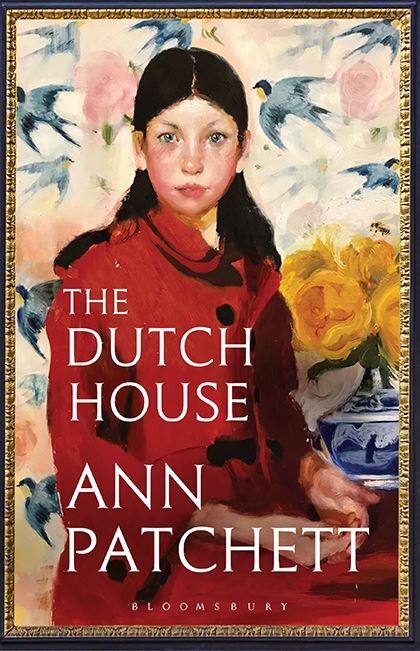American Dirt, the third novel from Jeanine Cummins — who made her name with a memoir about the gang rape and murder of her two cousins — has been described by the crime writer Don Winslow as “a Grapes of Wrath for our time” and selected for Oprah’s Book Club, which almost guarantees a book bestseller status.
Since then, it has been the subject of an intense backlash, partly because Cummins is a white writer from Maryland — her Puerto Rican grandmother notwithstanding — and critics have accused her of cultural appropriation in crassly depicting a Mexican family attempting to cross the border into the United States.
Cummins’s decision to write the novel does not, however, appear thoughtless.





